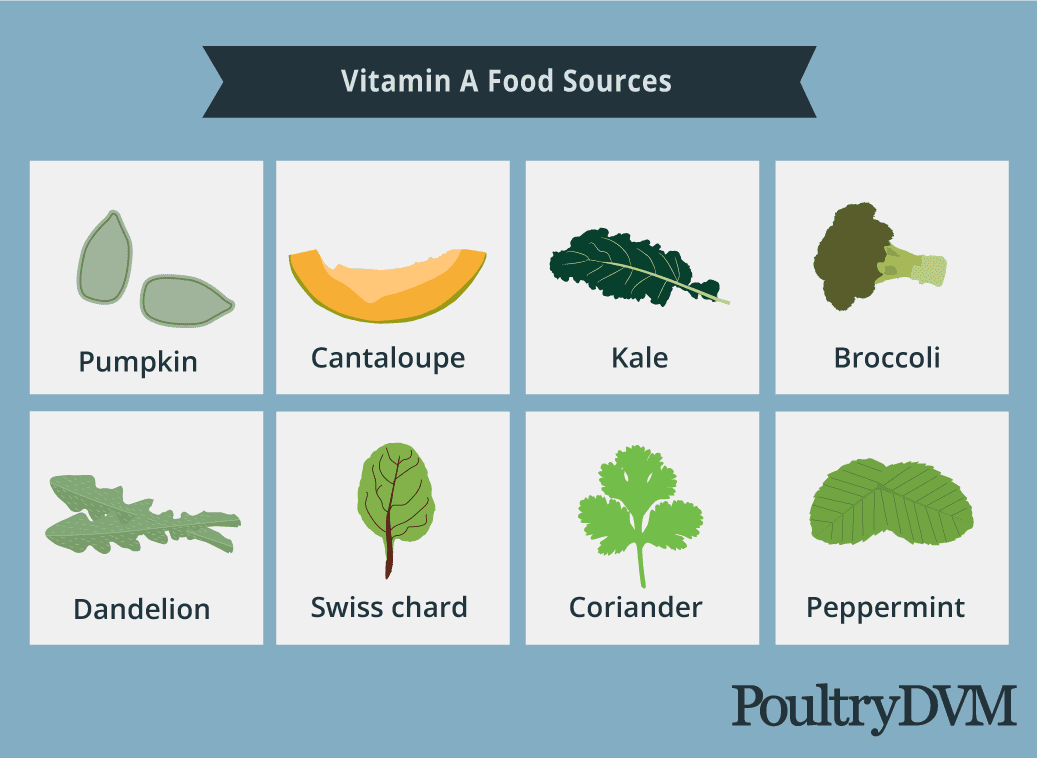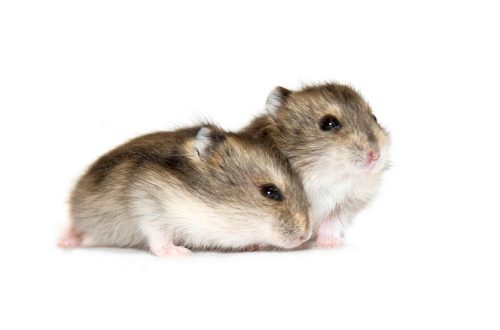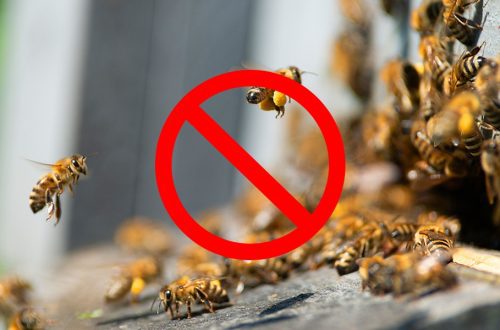
Why vitamins are needed for chickens, what is affected by their lack
Chicks are very vulnerable in the first months of life, so getting good nutrition should be the most important thing that a bird owner should take care of. But even from the most varied diet, chickens will not be able to get all the necessary nutrients. Therefore, you need to give them vitamins in addition to daily food.
Contents
What can vitamin deficiency affect?
For the full development of any organism, a combination of many factors is necessary. The most important thing when raising chickens will be getting the right vitamins that contribute to the growth and proper formation of young animals.
If a growing organism does not receive a complete set of necessary substances, then chickens develop beriberi. This threatens to disrupt metabolism, and as a result, the bird is affected by various diseases.
Polyavitaminosis
Polyavitaminosis occurs subsequently due to a lack of vitamins A, B and D. This disease develops in chicks from the tenth birthday and can threaten birds up to thirty days of age. The first thing that this disease affects is the cessation of the growth of chicks. The signs of the disease are too obvious to be overlooked by the owners. Chicks become lethargic, upset begins, the bird loses weight and is prone to convulsions. All of the listed signs of the disease are very similar to infectious diseases, but differ in the normal body temperature of birds. If the necessary measures are not urgently taken and the missing elements in the diet are not replenished, the livestock may die.
Rickets
The lack of regular walking in sunlight can provoke the occurrence of rickets. To prevent this dangerous disease, chickens need to be irradiated with an ultraviolet lamp for several minutes every day. Mineral supplementation is also necessary for young animals., so chalk, bone meal, crushed eggshells should be present in the bird’s diet regularly. Fortified fish oil can make up for the lack of vitamin D and should be eaten from three to ten grams per day.
How are vitamins classified?
According to the method of dissolution, vitamins are divided into two groups.
- Vitamins are soluble in water.
- Fat soluble vitamins.
Water-soluble vitamins include B vitamins C, R. Fat-soluble vitamins A, E, D, K.
Essential vitamins
Depending on whether the chickens are kept in an enclosed space or they have a constant range, the set of vitamin supplements should be different. First of all, on the advice of experts, those birds that do not have the opportunity to pluck green grass on walks should receive this grass as a vitamin supplement.
Freshly cut grass, consisting of clover, dandelion, alfalfa, quinoa, dandelion, should be added daily to the diet of chicks at the rate of 30 grams per head. You can add greens from the garden to the same herbal mixture. The leaves of beet tops, white cabbage are best suited.
The main source of carotene and vitamins E, B can be pine and spruce needles. It can be harvested by pre-collecting and drying. They begin to add chopped needles to the diet from the age of ten chicks.
Carotene can also be found in regular carrots, which can be fed either raw or dried. From the age of five days, chickens can be fed with three grams of chopped carrots each. Also, carrots can be mixed with wet mixers.
Description of the main vitamins
- Retinol (A) responsible for the growth of the individual. This important component of full development takes part in metabolism. Deficiency can provoke the body’s susceptibility to surrounding infections. Retinol is saturated with vegetable green food, so it is easy to make up for its deficiency if it is detected in time, except for the winter period.
- Calciferol (D) found in fish oil, so it should be given to chickens. If you calculate the content of Calciferol in yeast, then it will be thirty times less than in fish oil.
- Tocopherol (E) important for participation in the metabolic process. Its shortage provokes a drop in the birth rate. Contained in green fodder, germinated wheat germ, legumes.
- Fillohinon (K) – a very important vitamin that is responsible for blood clotting. Its deficiency can cause very severe consequences. These consequences are cannibalism, when chickens peck at their own tribesmen.
Wanting to grow a healthy and hardy bird population, the owners should not forget about the nutrients, nutritional supplements and complex top dressing that can ensure the health of the chickens. If everything is balanced, then the chickens will quickly gain weight, without deviating from the generally accepted norm.





